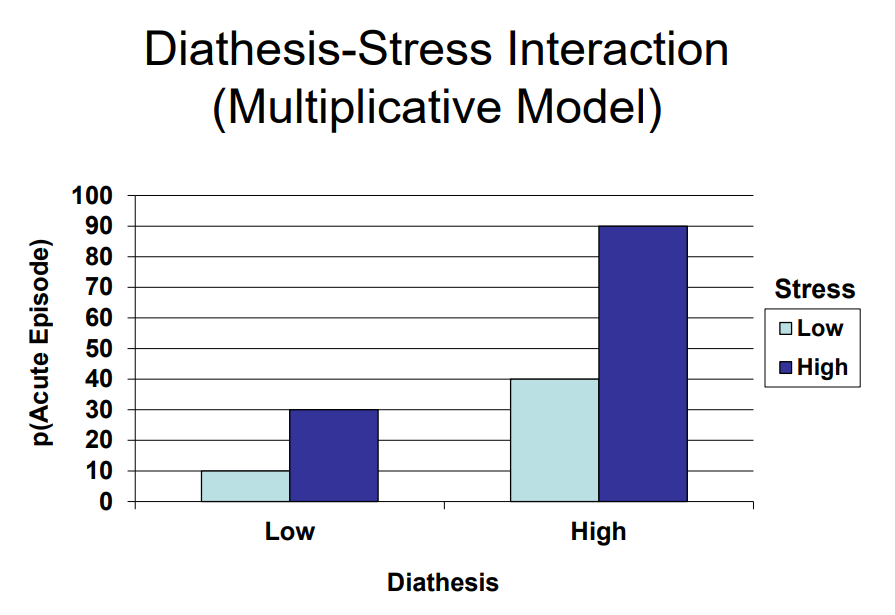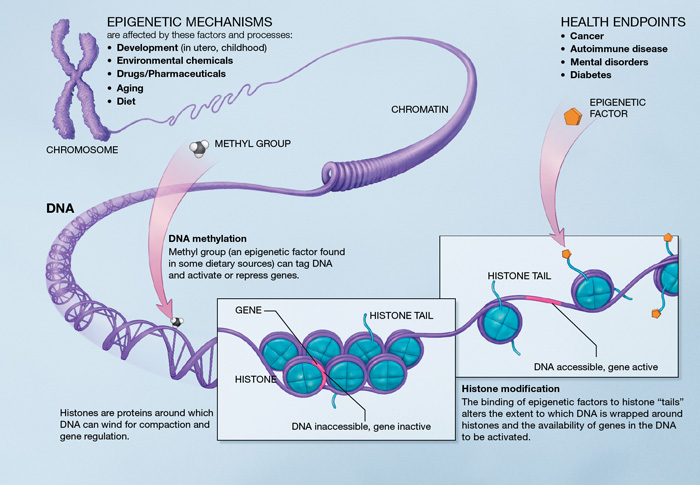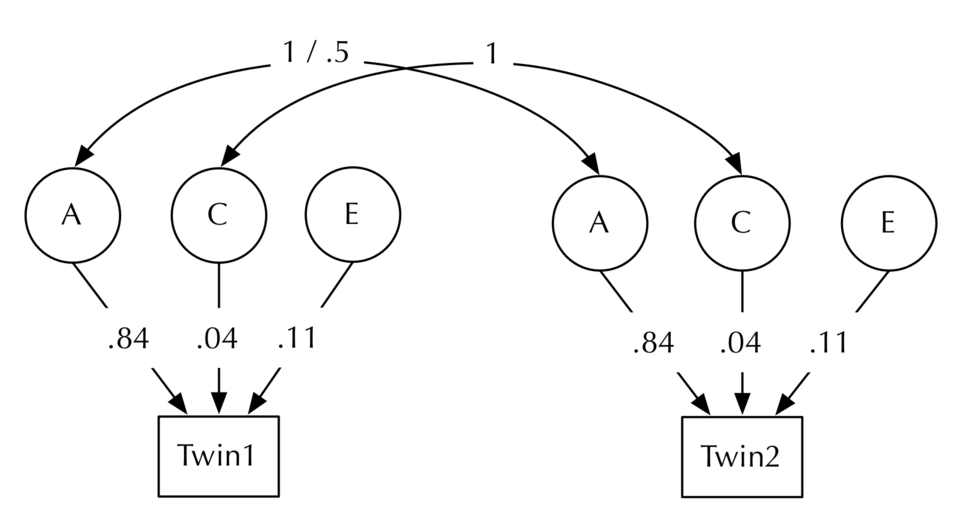IB Syllabus focus:
'- Historical perspectives
- Modern views on the interplay
- Implications for treatment and interventions'
The age-old debate of nature versus nurture explores the influence of biology (genes) against the environment (upbringing and experiences) in shaping human behaviour. This dichotomy has significant implications in psychology, particularly in understanding individual differences and designing interventions.
Historical Perspectives
Philosophical Origins
Plato believed in nativism: knowledge is innate and simply 'recollected' through experiences.
John Locke, in contrast, advocated for empiricism: the mind starts as a blank slate ('tabula rasa'), and experiences shape knowledge.
Early Scientific Views
Francis Galton (1822-1911): One of the first to study heredity and its role in intelligence. He believed in the supremacy of genes, even coining the term "nature versus nurture."
John B. Watson (1878-1958): A behaviourist who posited that a person can be conditioned entirely by their environment. He famously said, "Give me a dozen healthy infants... and I'll guarantee to take any one at random and train him to become any type of specialist I might select." This perspective underscores the importance of understanding the impact of technology on cognition, a modern environment factor.
Modern Views on the Interplay
The Complex Interplay
It's now understood that genes and environment don't function in isolation. They have a dynamic interplay known as gene-environment interaction. Twin studies have been pivotal in illustrating this interplay, offering insights into how much of our behaviour is inheritable and how much is shaped by our environment. For further reading on this, refer to Twin Studies.

The diathesis–stress model compares an additive view (risk from diathesis and stress simply summing) with an interaction view where high diathesis and high stress jointly produce a disproportionate increase in disorder risk. The figure clarifies why a genetic predisposition may only manifest under significant environmental stressors. Source.
For example, a person might have a genetic predisposition for a mental health disorder, but the condition may only manifest if they undergo specific environmental stressors.
Epigenetics
Epigenetics is the study of how environmental factors can affect gene expression without changing the DNA sequence. Neuroplasticity is a prime example of epigenetic change, showing how environmental interactions can alter brain structure and function. Learn more about this at Neuroplasticity.

This NIH schematic shows how environmental inputs influence DNA methylation and histone modifications to regulate gene expression, linking experience to phenotype without altering the DNA code. It aligns with the syllabus focus on mechanisms and clarifies why epigenetic “marks” can be stable and sometimes inherited. Source.
Factors like stress, nutrition, or exposure to toxins can "mark" genes, influencing how they're expressed. These marks can, in some cases, be passed down through generations.
Behavioural Genetics
This field studies the genetic basis of behaviour. Twin studies, adoption studies, and family studies have helped to tease apart the genetic and environmental components of various traits.

The ACE twin model partitions variance in a trait into additive genetic (A), shared environmental (C), and nonshared environmental (E) components using correlations between monozygotic and dizygotic twins. This representation supports interpretation of heritability estimates reported in twin studies. Source.
Most traits and behaviours are influenced by a multitude of genes, a concept known as polygenicity.
Continuum, Not Dichotomy
Modern psychology doesn't view nature and nurture as an either-or proposition. It's more about the extent to which each influences specific behaviours or conditions.
Implications for Treatment and Interventions
Personalised Medicine
Understanding genetic predispositions can inform treatments. For instance, certain individuals might respond better to specific medications due to their genetic makeup.
Early Interventions
For individuals at a genetic risk of certain conditions, early environmental interventions can mitigate these risks. For example, children at risk of dyslexia might benefit from early reading interventions.
Ethical Considerations
With genetic testing becoming more prevalent, there's a need to consider the ethical implications:
Stigmatisation: Labeling based on genetic predispositions might lead to discrimination or self-fulfilling prophecies.
Privacy: Ensuring genetic data remains confidential is crucial to protect individuals from potential misuse of this information.
Ethical considerations extend beyond human participants to include animals used in research. Understanding these ethical dimensions is vital for conducting responsible psychology research. More information can be found on Ethical Considerations in Animal Studies.
The Power of Environment
Recognising the substantial role of nurture empowers change. Environmental factors, often modifiable, can be targeted for interventions. For instance, enhancing school environments can help students achieve their potential, regardless of genetic predispositions.
Holistic Treatments
Treatments that address both genetic and environmental factors tend to be more effective. For instance, treating depression might involve both medication (targeting the biological aspect) and cognitive-behavioural therapy (addressing environmental triggers and coping mechanisms).
Closing Thoughts
The nature versus nurture debate has evolved significantly over the years. Today, psychologists recognise the intricate dance between genes and the environment in shaping who we are. This knowledge doesn't just enhance our understanding but also empowers interventions to better human lives.
FAQ
The nature vs. nurture debate profoundly impacts the diagnosis of psychological disorders. A purely nature-based approach might over-emphasise genetic predispositions or brain chemistry, possibly overlooking environmental triggers or stressors. Conversely, a purely nurture-based perspective might neglect the potential influence of genetic factors. In modern psychology, a balanced view is encouraged, examining both an individual's biological predispositions and their environmental history. This holistic approach ensures that diagnoses are comprehensive, taking into account the full spectrum of influencing factors.
Epigenetics refers to modifications in gene activity that don't involve changes to the underlying DNA sequence. Factors like diet, stress, and prenatal nutrition can leave 'epigenetic marks', which influence genes' activities. These marks can even be passed from one generation to the next. In the context of nature vs. nurture, epigenetics illustrates the dynamic interplay between genes (nature) and environment (nurture). The environment can, in essence, 'communicate' with genes, influencing their expression and challenging the old dichotomy between genetic and environmental determinants of behaviour.
Twin studies play a pivotal role in the nature vs. nurture debate as they offer a unique opportunity to disentangle genetic and environmental influences. By comparing identical twins, who share 100% of their genes, with non-identical twins, who share about 50%, researchers can estimate the heritability of certain traits. If identical twins show greater similarity than non-identical twins for a trait, it suggests a genetic influence. However, these studies aren't definitive, as twins often share similar environments, but they provide valuable insights into the balance between genes and experience.
Absolutely. Consider the development of anti-social behaviour. While some genetic markers might increase the risk, adverse environmental factors such as childhood abuse or neglect significantly elevate this risk. In such contexts, understanding the balance between nature and nurture is crucial for interventions. Recognising a child's genetic predisposition might lead to targeted counselling or therapy, while also addressing environmental stressors to reduce the risk of the behaviour manifesting.
Yes, advancements in technology have been instrumental in deepening our understanding of the nature vs. nurture debate. For example, brain imaging techniques like fMRI can show real-time interactions between genetic factors and environmental stimuli in the brain. Genome sequencing allows for the identification of genetic markers linked to specific behaviours or traits. Moreover, data analytics enables the analysis of large datasets to discern patterns and correlations between genetic and environmental factors. Such technological advancements have provided the tools to delve deeper into this age-old debate, offering a more nuanced understanding of the interplay between nature and nurture.
Practice Questions
The modern understanding of the nature vs. nurture debate has significantly evolved from its historical roots. Historically, thinkers like Plato believed in nativism, suggesting knowledge is innate. In contrast, John Locke posited that experience shaped knowledge, with the mind as a blank slate. In today's perspective, the dichotomy has shifted to a complex interplay between genes and environment. Instead of viewing them as separate entities, there's recognition of gene-environment interactions. For instance, epigenetics shows that environmental factors can influence gene expression without altering the DNA sequence, underscoring the intricate relationship between nature and nurture.
The nature vs. nurture debate has profound implications for treatments and interventions in psychology. Recognising genetic predispositions can inform personalised medicine, ensuring treatments align with an individual's genetic makeup. On the other hand, understanding the role of the environment means early interventions can be designed to mitigate potential risks. For instance, children predisposed to dyslexia might benefit from early reading assistance. Additionally, holistic treatments addressing both genetic and environmental factors tend to be more effective, such as combining medication with cognitive-behavioural therapy for depression. This dual approach ensures a comprehensive understanding and addressing of both innate and external influences on behaviour.

